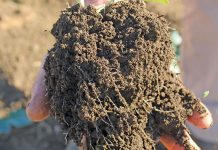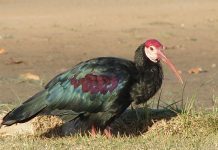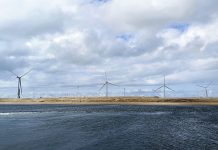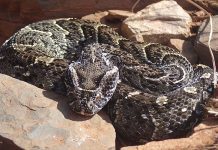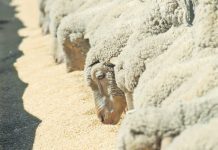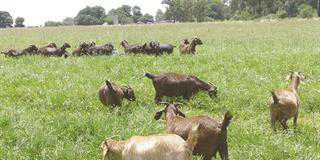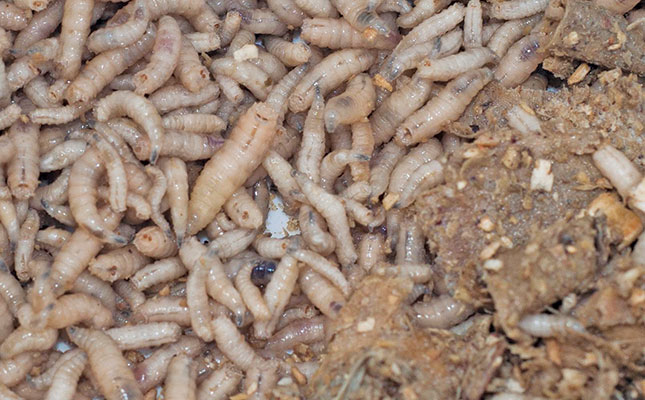
As the human population grows, scientists have emphasised the need to lessen the drain on the planet’s resources by decreasing consumption of expensive and unsustainable animal protein feeds.
According to two panel discussions in May at the first Insects to Feed the World Conference, held in Wageningen, Netherlands, insects promise to be an economically viable alternative source of high-quality livestock protein that leave a substantially smaller environmental footprint.
Insects require less feed, water, land and energy than livestock and their production generates substantially lower levels of environmental pollutants such as pesticides and greenhouse gases.
The objective of the conference was to lay the foundations for continued dialogue, further research, evidence-based policy making and investment to promote the use of insects as human food and animal feed in the context of food and feed security.
Ubiquitous insects are high in protein and low in fat. Speakers at the conference pointed out that insects are nutritious, have a much higher yield than cattle, and require much less water. By contrast, 70% of farmland around the world and 9% of freshwater are used for livestock, which emit 18% of greenhouse gases.
Much more efficient
In addition to requiring a fraction of the land and water of livestock, insects can turn low-grade biomass into high-quality protein.
“Being cold-blooded, insects convert feed much more efficiently into edible product,” said Ernst van den Ende, managing director of the Plant Sciences Group at Wageningen University and Research Centre.
“They emit lower levels of greenhouse gases and ammonia than conventional livestock and require less space to produce protein. Nutritionally, edible insects constitute high-quality food for humans, and feed for livestock, poultry and fish.”
World’s biggest fly farm
Stellenbosch-based company, AgriProtein, has set up the world’s largest fly farm, propelling the use of insects as livestock feed beyond academic theory to a commercial venture. Most scientists who work with flies develop products to kill them, but AgriProtein is going against the tide; it is converting maggots into an alternative protein source for livestock and fish feed.
The farm was conceived by scientists from Stellenbosch University and environmentalists trying to find alternatives as rising production of livestock feed, such as soya, use up more valuable farmland. It houses 8,5 billion flies that produce tons of protein-rich larvae as they feed on organic waste.
Speaking at the conference, David Drew, co-founder and international marketer and technologist at AgriProtein, said the world urgently needed new sustainable sources of protein, and his company had found an alternative. “It’s called MagMeal and it’s made of maggots. It’s not particularly a very attractive topic, but the product is natural and what chickens eat in the wild,” he explained.
Drew stressed that the world faced a growing population, scarce water and land resources, and declining natural fish stocks.
“People need not go further than their local supermarket to understand the state of our seas. The frozen section contains baby hake and sole petite, not because they are easier to catch or tastier, but because we’ve eaten their parents. “You don’t need to be a farmer or fisheries scientist to understand that eating your breeding stock is a disaster. We’re closing our fisheries only after we have broken them,” he said.
Aquaculture uses up to 2kg of marine-caught fish to produce 1kg of farmed fish, of which humans eat only 60% – the fillets.
A quarter of the global marine catch is not used for human consumption. As a result, fish stocks worldwide are in rapid decline. “At AgriProtein farm, the fly is king. The production process starts with breeding stock flies in 22 sterile cages, each holding over 750 000 flies,” Drew said.
The farm uses a combination of the black soldier fly, blowfly and common housefly. Kept in cages, they are fed a mix of spoiled or leftover food, manure and abattoir waste. Housing billions of flies that feed on more than 110t of rotting food and waste every day, the farm produces up to 20t of larvae a day, 3,5t of larvae high in fatty acids, and 50t of organic fertiliser.
A single female fly can lay between 750 to over 1 000 eggs per week, which hatch into larvae. These go through three life stages in a 72-hour period, and are harvested just before becoming pupae. They are then dried on a fluidised bed dryer, milled into flake form called MagMeal, and packaged.
According to Drew, MagMeal is a sustainable substitute for fishmeal and every ton produced allows 5t of fish to remain in the oceans. It also results in an environmental cost saving of about R25 000.
Less waste and cheaper
The AgriProtein feed is said to be 15% cheaper than fishmeal, which was sold at R16 580/t at the end of May, according to the World Bank. This is just shy of the record R19 190/t hit in January this year. Drew pointed out that the world takes for granted the imperative to recycle waste paper, glass, aluminium and steel, yet still has not appreciated the need to recycle waste nutrients.
“For example, it takes as much of our world’s natural resources to make the bits of a chicken we eat as the bits we don’t eat. These and many other nutrient-rich ‘waste’ products are discarded every day,” he said. AgriProtein has been involved in research and production since 2009. This has sought to understand the economic benefits of different insect species, their ideal yield on various feed sources and their final protein content and amino acid profiles.
Future plans
The company plans to open an even larger factory – consuming 165t of waste per day – before the end of this year. A third is in the pipeline for 2015.
This will be larger still, consuming 210t per day. After this, AgriProtein will license the technology to as many as 30 other countries.
AgriProtein’s products have been approved for sale in South Africa and Drew expects it to secure distribution licences in the EU within two years. Product approval is being considered on a state-by-state basis in the USA and Canada; Ohio has already been granted permission.
For more information, visit www.agriprotein.com.
25 July 2014

